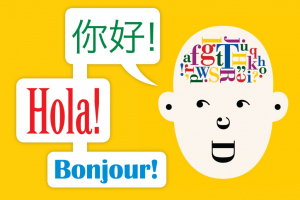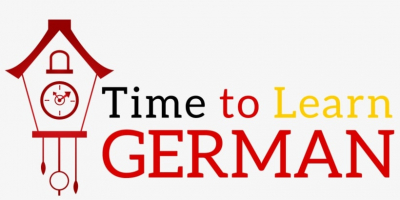Top 8 Hardest Languages To Learn
Acquaintance with a new language will sometimes help you have a new experience with the culture of many different countries, creating new opportunities for you ... read more...at work. Therefore, learning a second language is gradually becoming more popular around the globe, but not all languages are easy to learn for beginners. Today's article will share with you interesting information on the topic "Hardest Languages To Learn", let's take a look at it below.
-
The Standard of Chinese is Mandarin, which is a group of Sinitic languages natively spoken across most of northern and northern China. The group includes the Beijing dialect, the basis of the phonology of Standard Chinese. Mandarin is often cited as the most difficult language for English speakers to learn.
For Chinese newbies, the writing system is a big deal for you because Chinese has many different characters, the Chinese script has more than 80,000 characters. To be able to read and write, one must memorize about 2,000 characters, so it will take you more time to learn about Chinese characters through many articles and regularly talking with native speakers. On the other hand, Chinese has many similar tones, which makes it easy to confuse and misunderstand the true meaning of the word.
For example, "mai" with a falling tone means “sell” (mái卖) but when pronounced with a tone that falls and then rises, it means “buy” (măi买). But instead, Chinese grammar is not difficult and very easy to understand.
Native speakers: 1.3 Billion
Refer to: https://www.babbel.com/en/magazine/the-10-most-spoken-languages-in-the-world
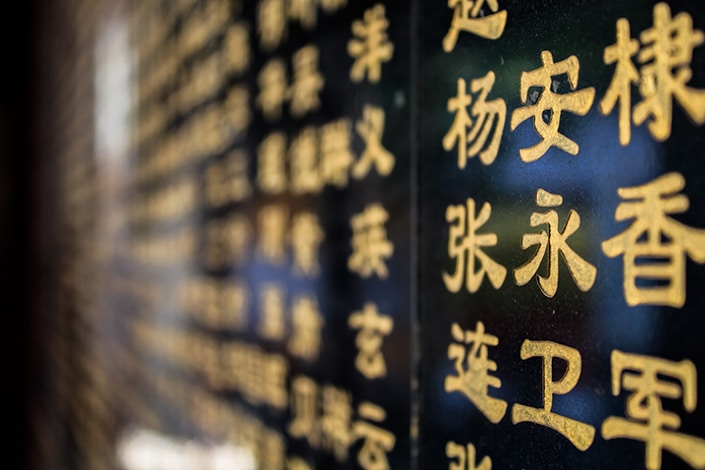
Source: Chinese Language Institute 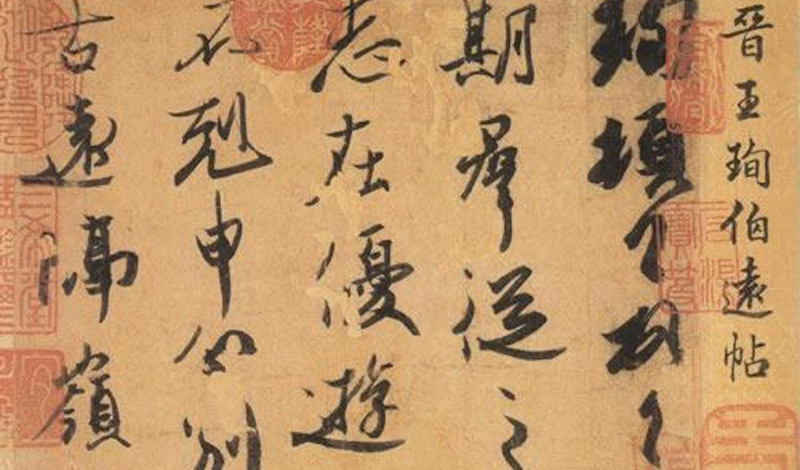
Source: Lowy Institute -
Russian is an Indo-European language, widely spoken in Russia, Belarus, Kazakhstan, Kyrgyzstan, as well as widely spoken throughout the Baltic, Caucasus, and Central Asian countries. Russian is one of the six official languages of the United Nations and is also the second most popular language on the Internet, after English.
In addition, Russian also has notable lexical similarities with Bulgarian due to the common Church Slavic influence on both languages, as well as due to later interactions in the 19th and 20th centuries. To really understand and learn this language well, you need to put in a huge amount of time and effort. Russian has an alphabet that is completely foreign to an English speaker. Russian uses the Cyrillic (Kirin) script used mainly for the Slavic and Central Asian languages. The Russian alphabet is a Cyrillic alphabet consisting of 33 characters, including 31 letters, and 2 accents. A Russian speaker must be very focused on stress in order to get the correct pronunciation, sometimes a little mistake in stress can change the meaning of words.
Native speakers: 150 million
Refer to: https://en.wikipedia.org/wiki/Russian_language
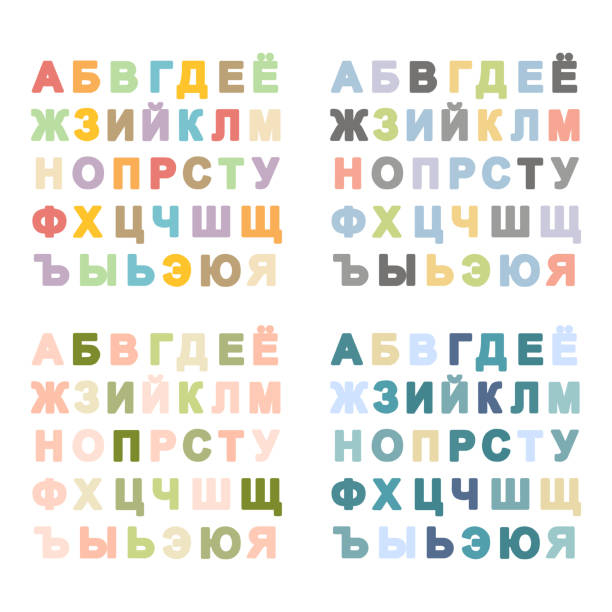
Source: iStock 
Source: iStock -
Korean is an East Asian language, mostly spoken in the Republic of Korea and the Democratic People's Republic of Korea. Korean uses 2 coefficients: pure Korean numerals and Han Han numbers with different usage depending on the case and has a system of honorifics used with old people, a higher position than pronouns, verb endings to describe. many models. The Korean alphabet, also known as Hangul, consists of 40 letters (21 vowels and 19 consonants), which combine to form a vocabulary.
Korean has an extremely complicated grammar system, the sentence structure is completely reversed compared to English, so it is very difficult for newcomers to learn Korean at first, easily leading to giving up. Moreover, Korean grammar is very carefully divided according to each specific situation, requiring learners to know exactly how to grasp the context they want to say or hear how to use the sentence structure for them reasonably.
Native speakers: 80.4 million
Refer to: https://en.wikipedia.org/wiki/Korean_language
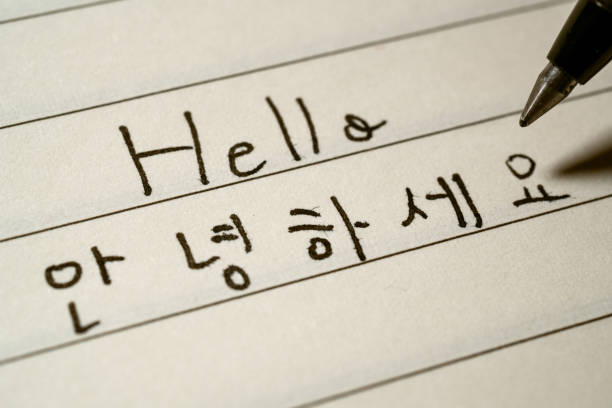
Source: iStock 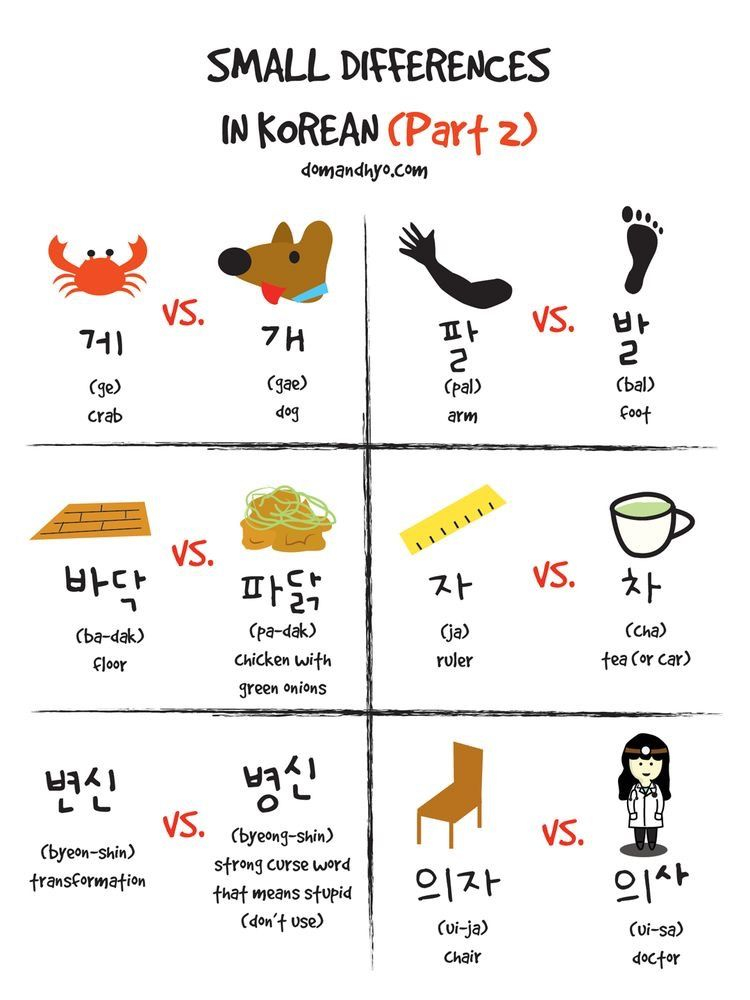
Source: Pinterest -
Japanese is a language spoken by more than 125 million people in Japan and the Japanese diaspora around the world. Japanese vocabulary uses a lot of kanji imported from China, such as gakumon (学問, "academic"), sekai (世界, "world"), hakasei (博士, "doctor"), which is words imported from China in the past.
Japanese is difficult to learn because the spoken and written systems are completely different. The honorific system in Japanese has developed very "progressively". Unlike most Western languages but like many Eastern languages, Japanese has a grammatical system for expressing respect and formality. Honorifics make Japanese polite, but the grammar is too complicated, making it extremely difficult to learn honorifics. Japanese nouns can be made polite by adding o- or go- as prefixes, for example, the word Tomodachi 'friends,' becomes o-Tomodachi when referring to someone's friend who has higher status or referring to Mizu "water" as o-mizu to indicate politeness.
Native speakers: 128 million
Refer to: https://en.wikipedia.org/wiki/Japanese_language

Source: Till The Money Runs Out - 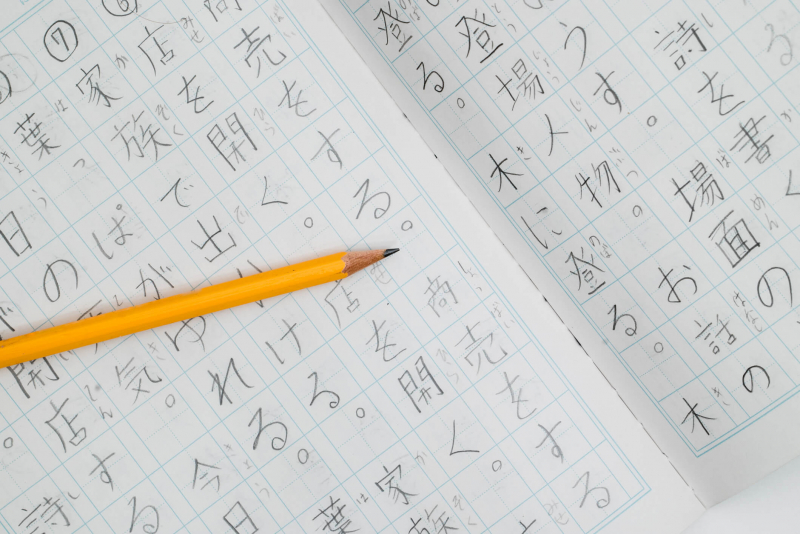
Source: Japan Intercultural Consulting -
Currently, Cantonese is used in many parts of the world, it is also the official language in the two special administrative regions of Hong Kong and Macau and is widely used by overseas Chinese. set of traditional Chinese characters instead of simplified Chinese characters like Mandarin Chinese.
Modern Cantonese pronunciation is more similar to the Chinese used commonly during the Tang Dynasty than to other dialects. Similar to Mandarin, Cantonese has nine tones, the hardest part in learning Cantonese is to pronounce the tones. On the other hand, Cantonese is a hung Chinese character systemᴄ, but several different versions exist, for example, the word "none", Mandarin is 没有 (méi yǒu), Cantonese is 冇(mou).
Native speakers: over 80 million
Refer to: hhttps://en.wikipedia.org/wiki/Cantonese
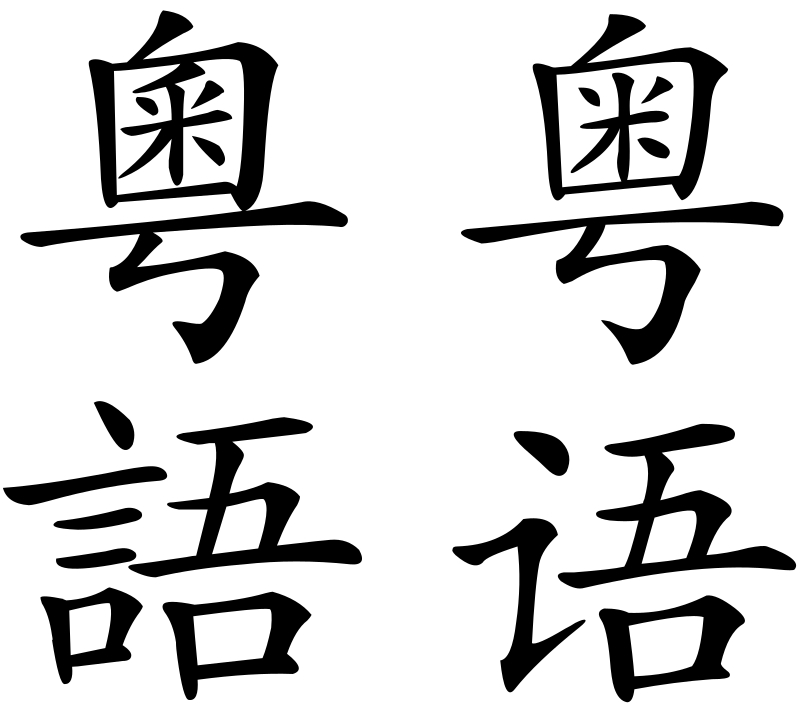
Source: https://vi.wikipedia.org/ 
Source: Unravel Magazine -
Vietnamese is the mother tongue of about 85% of the Vietnamese population along with more than 4 million overseas Vietnamese and is a recognized second language of ethnic minorities in Vietnam and the Czech Republic. Vietnam is located in the Han culture region, so the Vietnamese language also has many similarities with other languages in the Austroasiatic language family. Vietnamese is a standard tonal language with 6 tones: horizontal, sharp, profound, question, fall, and heavy. Vietnamese vocabulary has 2 main parts: pure Vietnamese words and borrowed words. There are also mixed-race words that are the result of a combination of pure Vietnamese and foreign elements.
Vietnamese has 22 unsigned characters found in the English alphabet, Quoc Ngu also contains several accented characters, including 7 characters A, Â, D, E, O, O, U, and 60 vowel characters. (A, A, Â, E, E, I, O, O, Ơ, U, U, Y) has a sharp tone-question-question-fall-heavy. In total, the computer or phone needs to load 67 more characters, more than 2.5 times the English alphabet (26 characters) to write Vietnamese. Vietnamese has many loan words derived from Chinese (from Sino-Vietnamese), French, English… The sentence structure of Vietnamese is very flexible, but this makes it a difficult language for many foreigners.
Native speakers: 76 million
Refer to: https://vi.wikipedia.org/wiki/Ti%E1%BA%BFng_Vi%E1%BB%87t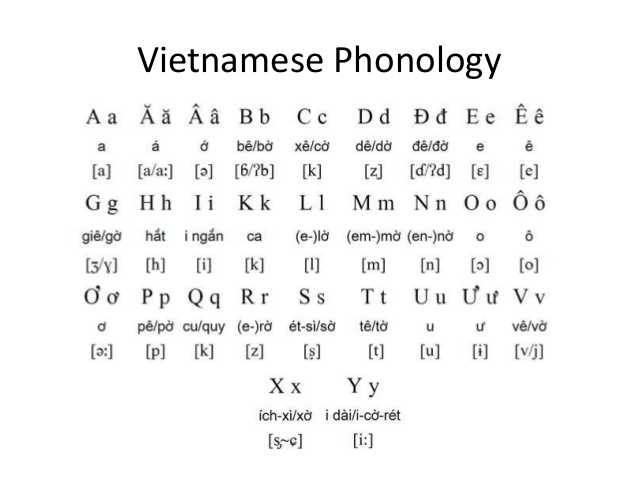
Source: Holidify 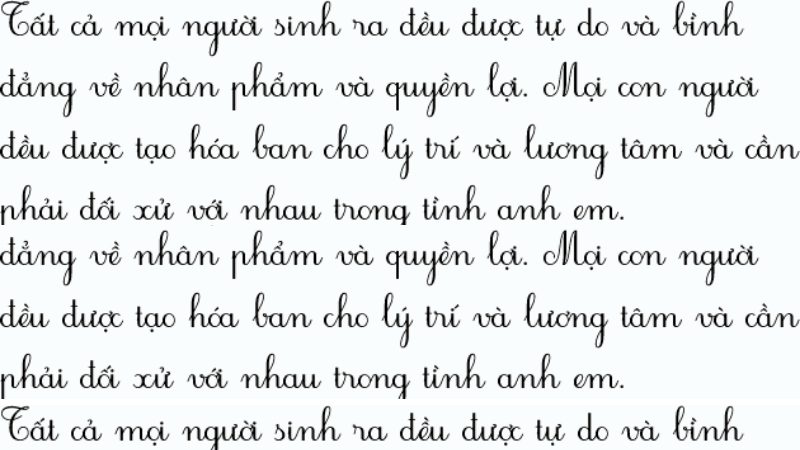
Source: Ling App -
Thai is the official language of the Thai people, originating from the southern region of China. Historically Thai is also known as Siamese and has many similarities with Lao. Thai is a language whose tonal coordination, complex spelling rules, and distinctions in tonal systems make Thai difficult to learn for those who have never used the language before.
More than half of Thai vocabulary is borrowed from Old Khmer, Pali, and Sanskrit. Thai has 44 consonants, plus 9 vowels written in 14 different ways. 16 of the 44 consonants are unnecessary because only 28 are basic, the rest are compound consonants. In addition, there are 4 accent marks (mean, rough, tri, and chop-ta-wa), the second difficult point of Thai is that Thai texts are read from left to right, and between words in the text. The same sentence doesn't leave any space for example "ที่นี้มีโรงรถไหม ครับ / คะ?", which certainly causes many difficulties for beginners to learn Thai.
Native speakers: 20 - 36 million
Refer to: https://en.wikipedia.org/wiki/Thai_language
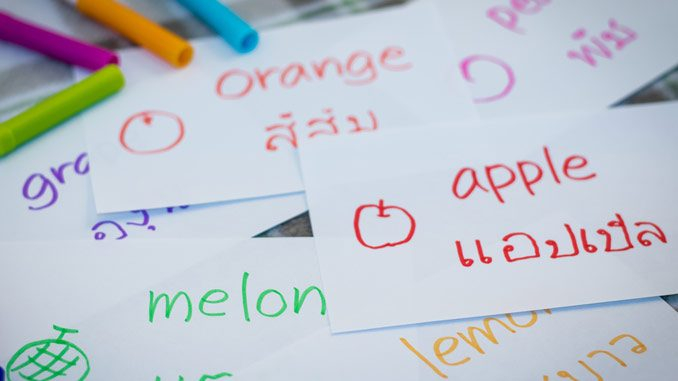
Source: White Sand Thailand 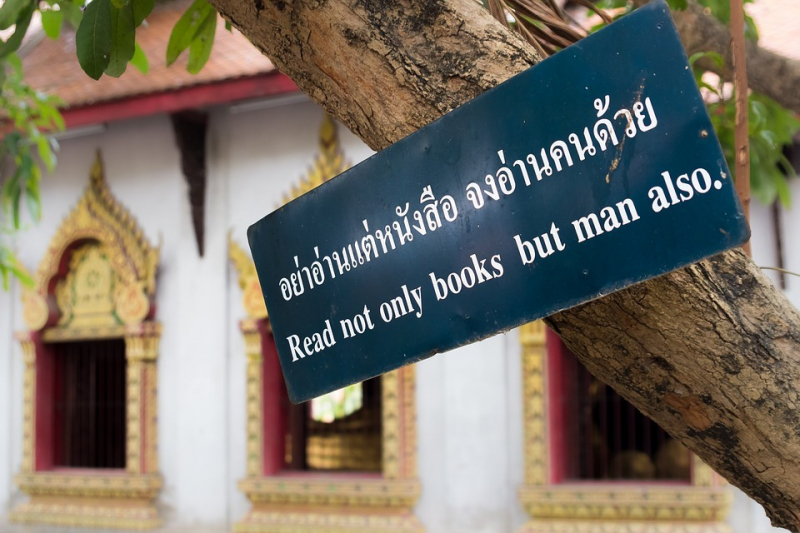
Source: World Goo -
Greek is a large language family with a long history in the world, the Greek alphabet became the basis for the Latin, Cyrillic, Armenian, Coptic scripts, and has a special place in history. Western, Christian, and at the same time this language also contributed to literature such as the Iliad, the Odyssey, the two epics of ancient Greece. Derived from Medieval Greek, it is the language of the modern Greeks, having many dialects with a common standard form.
Greek is part of the Indo-European language family, widely spoken, it is also a recognized minority language in seven other countries, and is one of the 24 official languages of the European Union and the European Union. spoken by 13 million people in Greece, Cyprus, Italy, Albania, and Turkey. From antiquity to ancient times, the structural syllables of Greek remained unchanged. Modern Greek has only oral vowels and distinguishes a certain number of consonants. Its syllabic structure makes sound combinations quite complex. On the other hand, Greek has a lot of compound words and inflections with rich content, so there are many different vocabularies.
Native speakers: 13.5 million
Refer to: https://en.wikipedia.org/wiki/Greek_language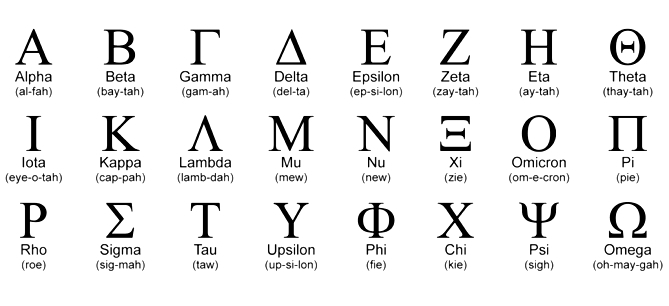
Source: Nei Pori Beach 
Source: I Am Greece










